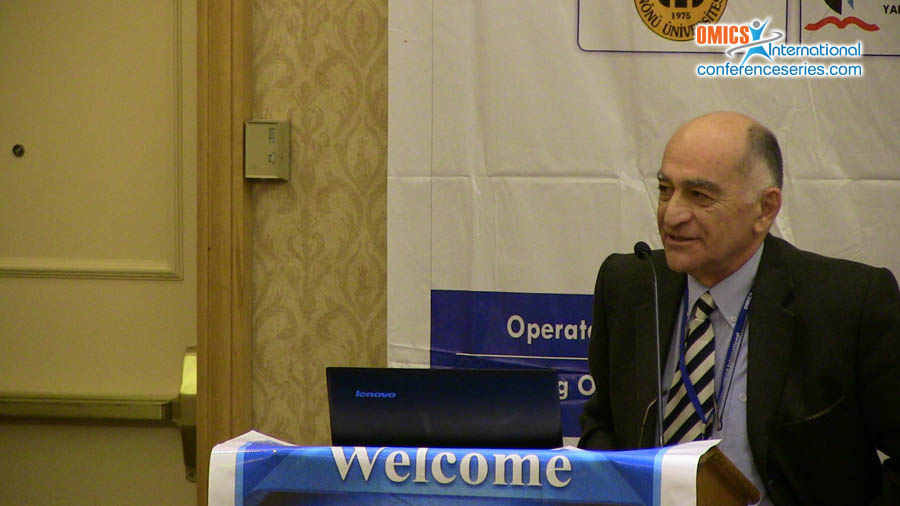
Vakhtang Barbakadze
Tbilisi State Medical University, Georgia
Title: Biomacromolecule from medicinal plants, its synthetic basic monomeric moiety and their anticancer activity
Biography
Biography: Vakhtang Barbakadze
Abstract
The structure elucidation of the main structural element of high molecular fractions from medicinal plants of Symphytum asperum, S. caucasicum, S. officinale and Anchusa italica (Boraginaceae) was carried out. According to 13C, 1H NMR and 2D heteronuclear 1H/13C HSQC spectral data of these preparations was found that the main component of these preparations is regularly substituted polyoxyethylene namely poly [3-(3, 4-dihydroxyphenyl) glyceric acid] (PDPGA) or poly [oxy-1-carboxy-2-(3, 4-dihydroxyphenyl) ethylene]. PDPGA represents a new class of natural polyethers with a residue of 3-(3, 4-dihydroxyphenyl) glyceric acid as the repeating unit. Most of the carboxylic groups of PDPGA from A. italica unlike the polymer of Symphytum species according to 2D DOSY experiment are methylated. Such caffeic acid-derived biopolymer to our knowledge has not been known and has been identified for the first time. Besides, the racemic and enantio-selective synthesis of basic monomeric moiety of PDPGA was carried out. 2, 3-Dihydroxy-3-(3, 4-dihydroxyphenyl) propionic acid (DDPPA) and the virtually pure enantiomers, (+)-(2R,3S)-2, 3-dihydroxy-3-(3, 4-dihydroxyphenyl) propionic acid and (-)-(2S,3R)-2, 3-dihydroxy-3-(3, 4-dihydroxyphenyl) propionic acid were synthesized for the first time via sharpless asymmetric dihydroxylation (AD) of trans-caffeic acid derivatives using the enantiocomplementary catalysts, cinchona alkaloid derivatives (DHQD)2-PHAL and (DHQ)2-PHAL. PDPGA and its synthetic monomer exerted anti-cancer efficacy in vitro and in vivo against androgen-dependent and -independent human prostate cancer (PCA) cells via targeting androgen receptor, cell cycle arrest and apoptosis without any toxicity together with a strong decrease in PSA level in plasma. Overall, this study identifies PDPGA as a potent agent against PCA without any toxicity and supports its clinical application.

